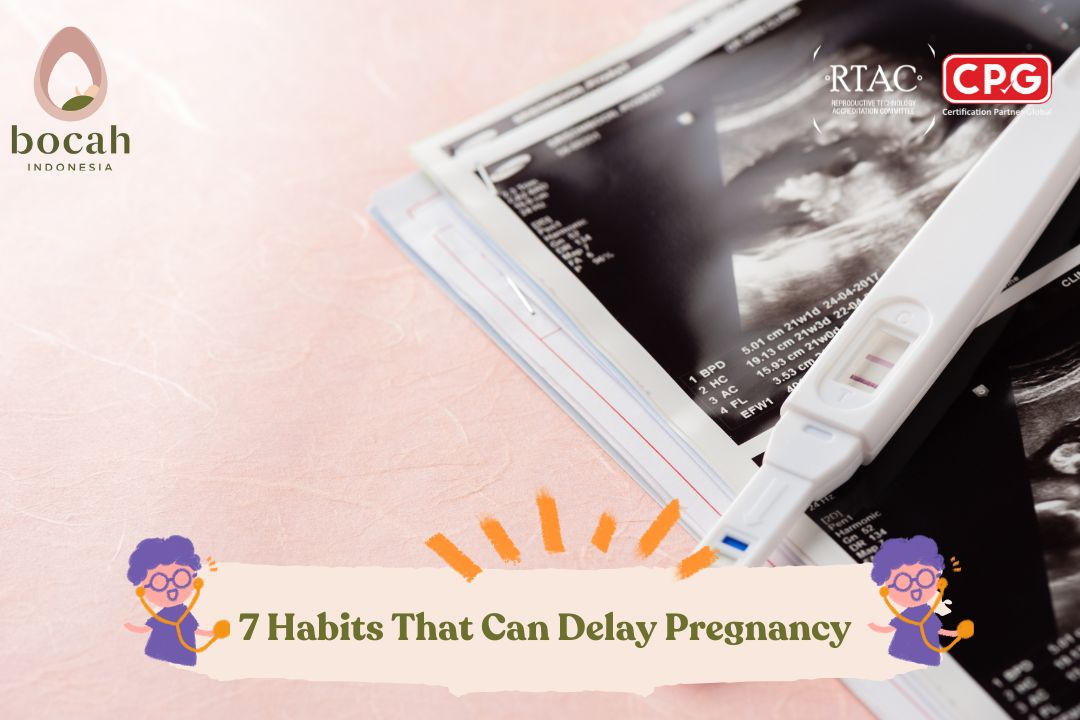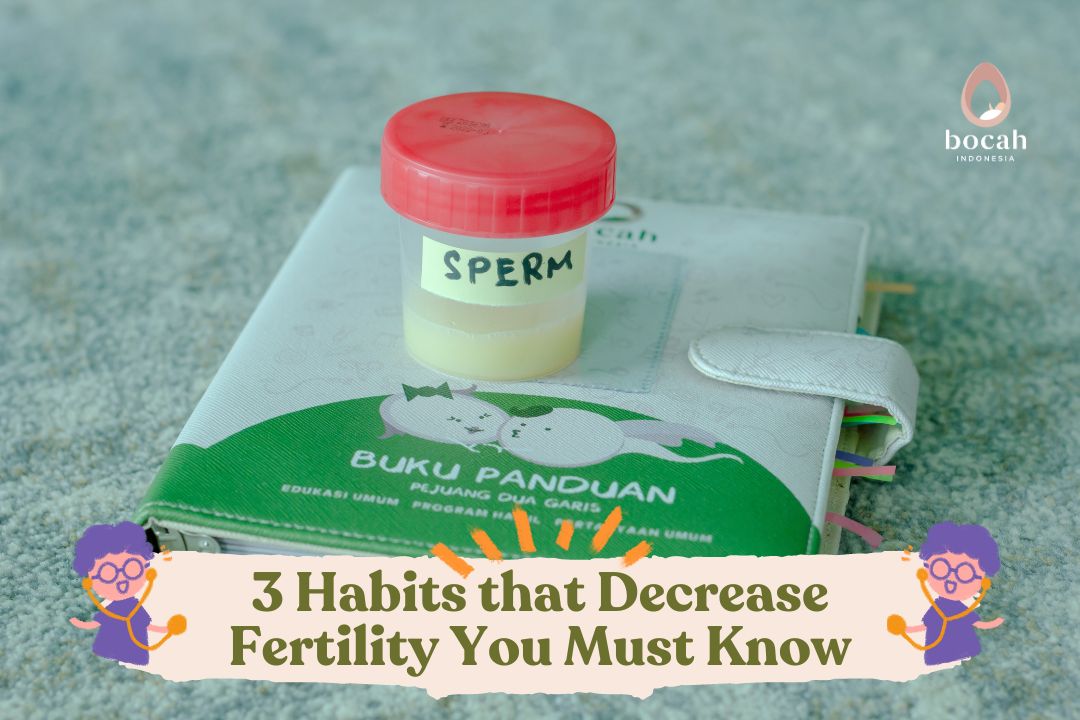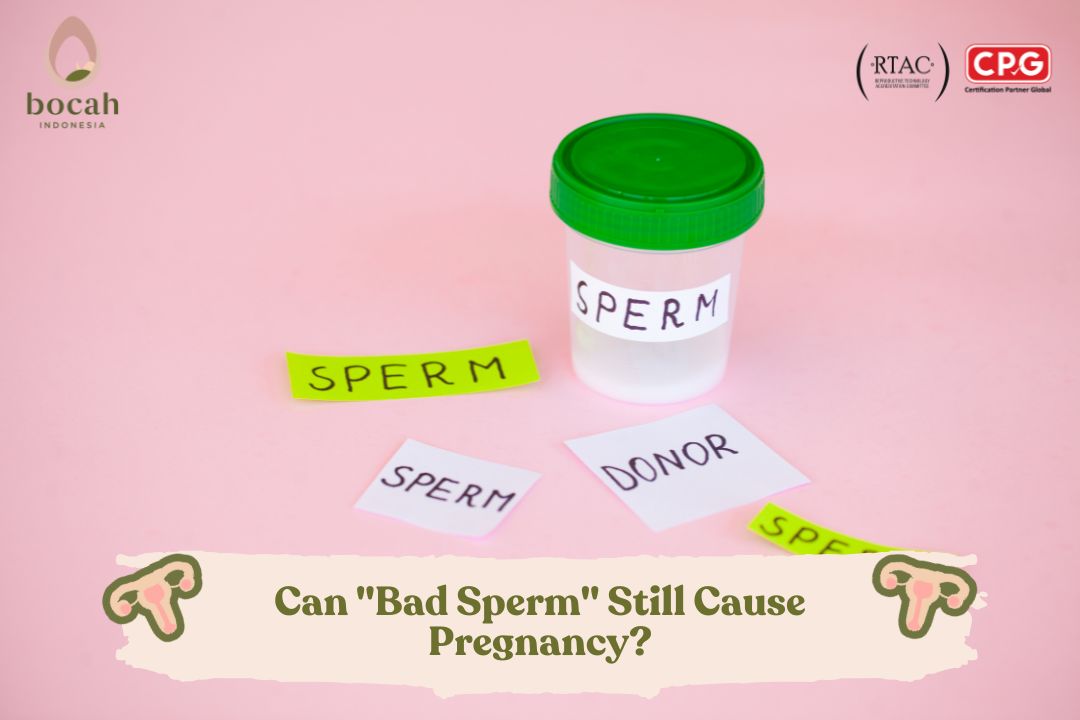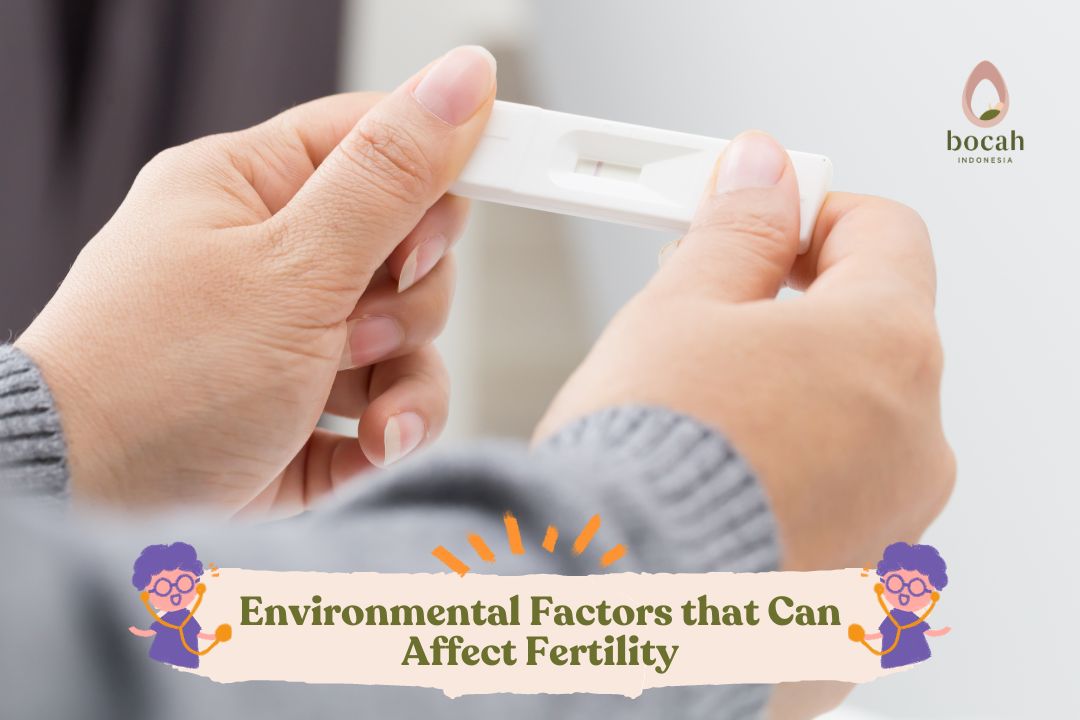7 Habits That Can Delay Pregnancy

Many couples may have habits that unintentionally reduce their chances of conceiving. These habits are often overlooked, but they can significantly lower the likelihood of achieving pregnancy.
For married couples, having children is often seen as a dream that completes family happiness. However, not every couple is able to conceive naturally. Certain conditions and daily lifestyle factors can contribute to difficulties in achieving pregnancy.
Here are several habits that may slow down the process of conception.
What Factors Can Make It Harder to Conceive?
Some habits may go unnoticed, yet they can interfere with fertility and make pregnancy more difficult to achieve.
1. Having Sexual Intercourse Too Frequently or Too Infrequently
-
Too infrequent intercourse reduces the chance of sperm meeting the egg during the fertile window. Contrary to popular belief, abstaining from intercourse for a long time does not necessarily improve sperm quality.
Tanya Mincah tentang Promil?
-
Too frequent intercourse is also not recommended, as it may decrease sperm quality.
Medical guidelines suggest that the optimal frequency for conception is about 2–3 times per week, especially during the fertile window (timed intercourse). This strategy balances sperm quality and maximizes opportunities for fertilization.
2. Poor Stress Management
Stress is a common but often underestimated factor that can negatively affect fertility.
-
Stress impacts the hypothalamus, the part of the brain that regulates appetite, emotions, and reproductive hormones.
-
When stress is not managed properly, it can disrupt the menstrual cycle and make ovulation harder to predict.
-
In severe cases, stress may interfere with the release of an egg, making conception more difficult.
3. Not Maintaining an Ideal Body Weight
Being overweight or underweight can interfere with reproductive health:
-
In women, weight extremes may disrupt the production of estrogen, leading to irregular menstrual cycles.
-
In men, excess body weight is linked to a lower sperm count and volume, contributing to infertility.
Maintaining a healthy body mass index (BMI) can improve fertility in both men and women.
4. Excessive Exercise
High-intensity or prolonged exercise may negatively impact fertility, especially in women.
-
Studies have shown that strenuous workouts, such as heavy weightlifting, can disrupt normal reproductive function.
Moderate, balanced exercise is recommended to support overall health without compromising fertility.
5. Unhealthy Eating Patterns
-
A diet high in trans fats and saturated fats, often found in fast food, can impair fertility.
-
On the other hand, consuming whole grains, fruits, vegetables, fish, and healthy unsaturated fats supports reproductive health.
6. Smoking
Cigarette smoking exposes the body to harmful chemicals that can:
-
Damage reproductive organs.
-
Alter hormone production.
-
Cause DNA damage in sperm.
-
Increase the risk of infertility in both men and women.
Quitting smoking can significantly improve the chances of conception.
7. Using the Wrong Type of Lubricant
Not all lubricants are safe for couples trying to conceive.
-
Some commercial lubricants have an unsuitable pH or viscosity, which can impair sperm motility and reduce the chance of sperm reaching the egg.
-
However, sperm-friendly lubricants (also called fertility-friendly lubricants) mimic cervical fluid and are safe to use during conception attempts.
Couples should consult a doctor before choosing a lubricant, especially when undergoing a fertility program. A physician can recommend products that do not interfere with sperm quality or the chances of conception.
Conclusion
Simple lifestyle adjustments such as maintaining healthy sexual frequency, managing stress, keeping an ideal body weight, eating nutritious foods, and avoiding harmful substances can make a significant difference in fertility. If conception still proves difficult despite these changes, it is advisable to seek professional medical consultation.
Source:
- Kiel, IA., et al. (2018). Women undergoing assisted fertilisation and high-intensity interval training: a pilot randomised controlled trial. BMJ Open Sport Exerc Med 2018;4: e000387.
- Niederberger, C. (2018). Re: High-Intensity Exercise Training for Improving Reproductive Function in Infertile Patients: A Randomized Controlled Trial. J Urol. 2018 Feb;199(2):331.
- Warren, MP., Perloth, NE. The effects of intense exercise on the female reproductive system. J Endocrinol. 2001 Jul;170(1):3-11.










